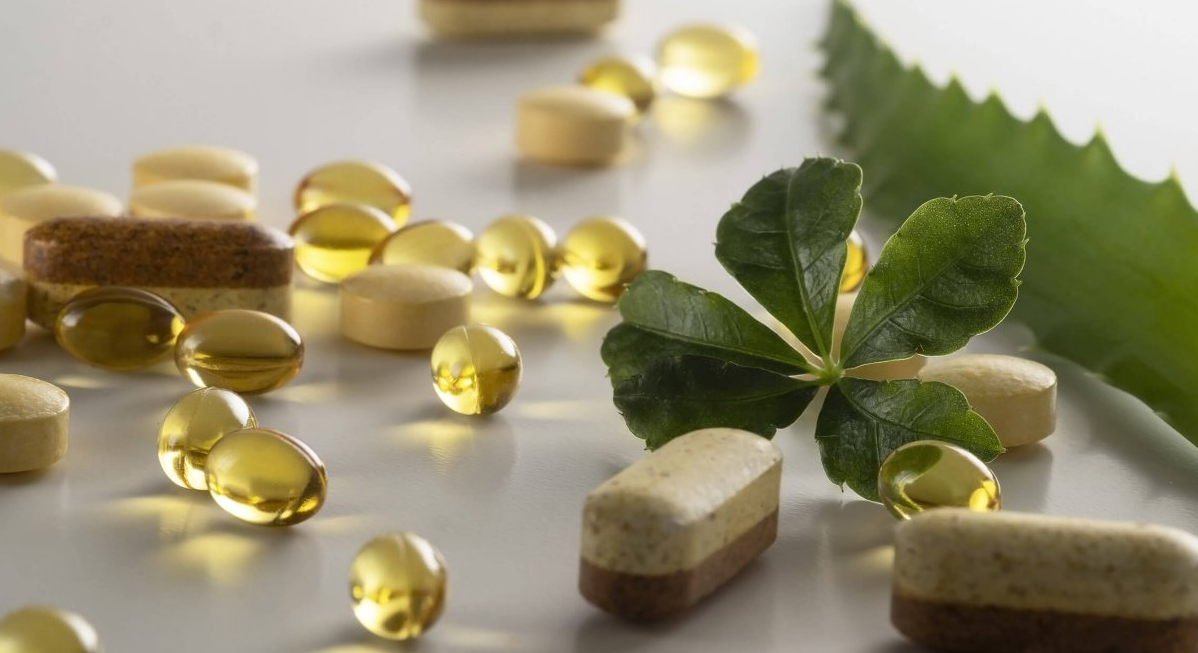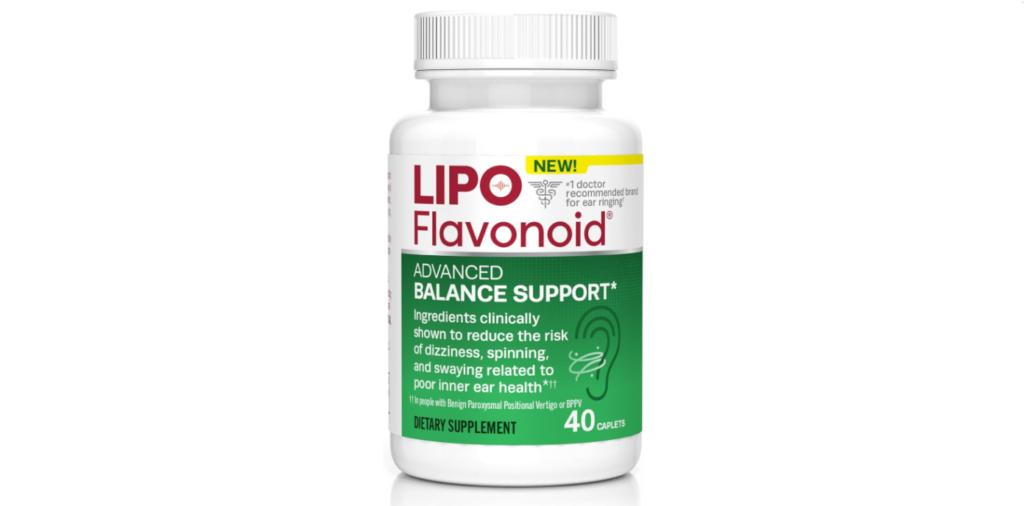Lipo-flavonoid, a dietary supplement touted for its antioxidant and anti-inflammatory properties, has sparked curiosity about its potential impact on blood pressure. While the allure of a natural remedy for managing this crucial health marker is understandable, wading through the information can be confusing.
Does lipo-flavonoids affect your blood pressure? This article aims to demystify the relationship between lipo-flavonoid and blood pressure, exploring the scientific evidence, potential benefits, and drawbacks, and providing a clear roadmap for informed decision-making.
Understanding Lipo-Flavonoid
Lipo-flavonoid is a combination of citrus bioflavonoids, primarily extracted from lemon rinds, and the fat-soluble antioxidant alpha-tocopherol (vitamin E). These components, believed to work synergistically, have garnered interest for their potential health benefits, including:
- Antioxidant activity: Lipo-flavonoid may help neutralize free radicals, harmful molecules that damage cells and contribute to chronic diseases.
- Anti-inflammatory properties: It may reduce inflammation, a key player in various health conditions like cardiovascular disease and arthritis.
- Improved circulation: Some studies suggest it may improve blood flow and vascular health.
However, it’s crucial to remember that these potential benefits are based primarily on research conducted in cells or animals. More robust human clinical trials are needed to fully understand and validate the efficacy of lipo-flavonoids for various health concerns.
The Blood Pressure Connection with Lipo-Flavonoid
The speculation surrounding lipo-flavonoid and blood pressure stems from its potential anti-inflammatory and circulatory benefits. Some studies suggest that these properties could contribute to lowering blood pressure, particularly in individuals with mild hypertension.
Promising Evidence

- A small 2012 study observed a decrease in systolic blood pressure in participants with mild hypertension who took lipo-flavonoid for 12 weeks.
- Another study in 2013 found that hesperidin, a key bioflavonoid in lipo-flavonoid, may help improve endothelial function, potentially leading to better blood pressure control.
Cautious Considerations
- The research on lipo-flavonoids and blood pressure is limited, and most studies involve small sample sizes.
- The observed effects, even when positive, are typically modest and may not be clinically significant for everyone.
- No large-scale, long-term studies have conclusively established the effectiveness of lipo-flavonoids for blood pressure management.
Therefore, while the initial evidence suggests a potential link between lipo-flavonoid and blood pressure, it’s far from conclusive. Further research is necessary to determine its true efficacy and safety in this context.
Making Informed Choices
If you’re considering trying lipo-flavonoid for blood pressure management, it’s crucial to prioritize a cautious approach:
- Consult your doctor: Always discuss any new supplements with your healthcare provider before adding them to your regimen, especially if you have existing health conditions or take medications.
- Manage expectations: Lipo-flavonoid should not be seen as a replacement for established blood pressure medications or a quick fix for managing this condition.
- Focus on lifestyle modifications: Prioritize healthy lifestyle practices like regular exercise, a balanced diet, and stress management, which are essential for optimal blood pressure control.
- Monitor your blood pressure: If you decide to try lipo-flavonoid, closely monitor your blood pressure and communicate any changes to your doctor.
Remember, supplements are not regulated as strictly as medications and their quality and effectiveness can vary. Choose reputable brands and prioritize products with third-party certifications for purity and potency.
A Holistic Approach to Blood Pressure
While lipo-flavonoid may hold some promise for future research, it’s important to remember that it’s just one piece of the puzzle when it comes to managing blood pressure. A comprehensive approach that incorporates the following elements is key:
- Healthy diet: Focus on whole foods, fruits, vegetables, and lean protein while limiting processed foods, saturated fat, and added sodium.
- Regular exercise: Aim for at least 150 minutes of moderate-intensity exercise or 75 minutes of vigorous-intensity exercise per week.
- Stress management: Find healthy ways to manage stress, such as yoga, meditation, or deep breathing exercises.
- Maintaining a healthy weight: Obesity is a major risk factor for high blood pressure. Losing even a small amount of weight can significantly improve your blood pressure readings.
- Quitting smoking and limiting alcohol intake: Smoking and excessive alcohol consumption can raise your blood pressure.

By prioritizing these lifestyle modifications alongside appropriate medical care, you can effectively manage your blood pressure and reduce your risk of cardiovascular complications.
Lipo-Flavonoid and Blood Pressure
While the current research on lipo-flavonoids and blood pressure remains inconclusive, the future holds promise for further exploration and potential benefits. Here’s a glimpse into what the future might hold:
Expanding Research
- Larger, long-term clinical trials with diverse populations are needed to definitively assess the efficacy of lipo-flavonoids for blood pressure management.
- Research investigating the specific mechanisms by which lipo-flavonoid may impact blood pressure would provide valuable insights into its potential therapeutic applications.
- Exploring the potential synergistic effects of lipo-flavonoid when combined with other dietary supplements or medications could open doors for personalized treatment approaches.
Personalized Medicine
- Genetic testing could help identify individuals who are more likely to respond favorably to lipo-flavonoids, paving the way for personalized treatment plans.
- Tailoring the dosage and formulation of lipo-flavonoid based on individual needs and responses could further enhance its effectiveness.
Safety and Quality Control
- Establishing stricter regulations and quality control measures for the supplement industry would ensure the safety and purity of lipo-flavonoid products.
- Educational initiatives focused on informing consumers about the potential benefits and limitations of lipo-flavonoids could promote responsible use and prevent misuse.

Beyond Blood Pressure
- Research into the potential benefits of lipo-flavonoids for other health conditions, such as chronic inflammatory diseases and cognitive decline, could broaden its therapeutic scope.
- Investigating the potential interactions of lipo-flavonoids with medications used for various health conditions would be crucial for ensuring safe and effective use.
It’s important to remember that the future of lipo-flavonoid and its role in blood pressure management remains an open book. While the current evidence is promising, it’s crucial to approach it with caution and prioritize evidence-based practices for managing your blood pressure.
Does Lipo-Flavonoids Affect Your Blood Pressure?
Lipo-flavonoid, a blend of citrus bioflavonoids and vitamin E, has emerged as a potential player in the realm of blood pressure management. While the initial research suggests a glimmer of hope, it’s crucial to approach it with cautious optimism and prioritize evidence-based practices for optimal blood pressure control.
Resources & References
- National Heart, Lung, and Blood Institute: https://www.nhlbi.nih.gov/health-topics/high-blood-pressure/health-professional-information
- American Heart Association: https://www.heart.org/en/health-topics/high-blood-pressure
- Mayo Clinic: https://www.mayoclinic.org/diseases-conditions/high-blood-pressure/diagnosis-treatment/drc-20373417?p=1
- National Center for Complementary and Integrative Health: https://www.nccih.nih.gov/
- WebMD: https://www.webmd.com/hypertension-high-blood-pressure/default.htm
FAQs
Can Lipo-Flavonoid lower my blood pressure?
The current evidence on Lipo-Flavonoid and blood pressure is limited and inconclusive. Some small studies suggest a potential mild decrease in blood pressure, but larger, long-term studies are needed to confirm these findings. It’s crucial to not rely on Lipo-Flavonoid alone for blood pressure management and to prioritize established medical care and lifestyle modifications.
Is Lipo-Flavonoid safe to take with my blood pressure medication?
There is a lack of data on potential interactions between Lipo-Flavonoid and specific blood pressure medications. Always consult your doctor before taking any new supplements, especially if you have existing health conditions or take medications, to avoid potential complications.
What is the recommended dosage of Lipo-Flavonoid for blood pressure?
Due to the inconclusive evidence and lack of established guidelines, there is no recommended dosage of Lipo-Flavonoid for blood pressure management. If you choose to take it, follow the manufacturer’s instructions and prioritize monitoring your blood pressure and communicating any changes to your doctor.
Are there any side effects of Lipo-Flavonoid?
While generally considered safe, Lipo-Flavonoid may cause mild side effects like stomach upset, headache, or diarrhea in some individuals. It’s important to be aware of potential interactions with medications and inform your doctor of any adverse reactions you experience.
What are some alternative or complementary approaches for managing blood pressure?
Alongside appropriate medical care, consider prioritizing healthy lifestyle modifications like a balanced diet, regular exercise, stress management, and quitting smoking. These evidence-based practices can significantly improve blood pressure and overall health.


